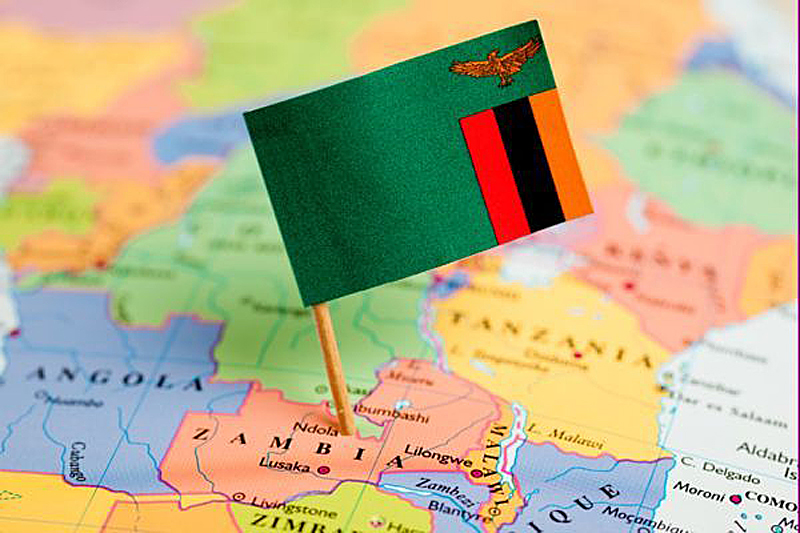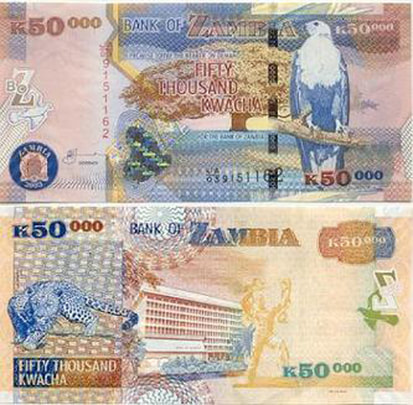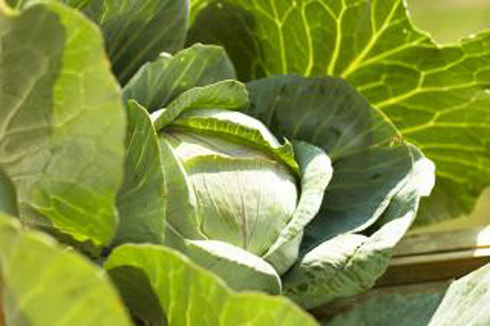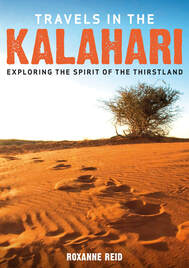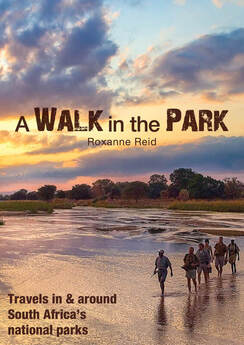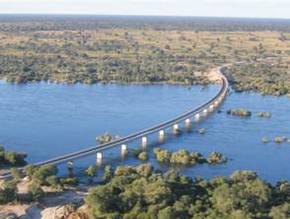 Bridge over the Zambezi at Sesheke
Bridge over the Zambezi at Sesheke Crossing by road from Katimo Mulilo in Namibia’s far eastern Caprivi/Zambezi to Sesheke in Zambia is an intriguing experience – but only if you accept that you’re in Africa and you’re happy to go with the flow.
It was also odd that the border post – if such a random collection of small buildings, shelters and caravans can be called anything so official – was just on the side of the road a little out of our way to Livingstone. No big official gate as there was on the Namibian side. If we hadn’t known we had to stop and find it, we could have been forgiven for cruising straight across the huge bridge over the river and on to Livingstone, thinking the people gathered under a tree in the other direction were just holding a local market.
But in everything there was a sense of friendliness and helpfulness that was hard to fault.
We’d checked the exchange rate on the Internet the day before so we had a pretty good idea of what was acceptable or not. We soon struck a very good deal with the first guy. Perhaps having another five eager exchange artists waiting to pounce kept him honest and fair. Many travellers insist that you get ripped off with exchange rates at the border, but that wasn’t our experience at all. Knowledge is power. If you sound like you know what it should be, you’ll be fine.
Recognising our vagueness about what to do next, the money changer good-naturedly showed us where to go to have our passports stamped. It was our first experience of the random helpfulness of Zambians, even though he may have been putting his best foot forward because he knew we hadn’t exchanged enough to pay all the various taxes and fees – as indeed it turned out later.
Once our passports were stamped – a matter of five minutes or so – another helpful Zambian showed us to a tiny office at the back, its paintwork battered and the walls dirty, gleaming computers on the desk. Here we had to pay our carbon tax. The two women working the computers and receipt books were overwhelmed by the group in front of us, a Danish film crew with six vehicles of various engine capacities. In a tight bunch – no real ‘queue’ to speak of– in an airless office I got chatting to one of their Namibian fixers, a chap appropriately called Etosha. It was one of those strangely beguiling African moments: a South African and a Namibian chatting in Afrikaans in Zambia.
While hubby went to do that, I stayed and chatted to her. She explained that they were about to move into a new border control office a little way away, all smart and white, where she would have a proper office instead of the broken caravan.
‘So when exactly will the new offices open?’ I wanted to know.
‘Soon-soon, I hope,’ she grinned.
Our pre-trip research had uncovered that we needed red reflectors on our back bumper, white reflectors on the front and a white T to show we were towing. We’d brought two of those white Ts, but the literature was so contradictory that we’d decided to wait until we could ask at the border so we’d be sure to get it right and prevent an unpleasant encounter with the T-police.
But no one at the border could tell us exactly where it was supposed to be.
We still don’t know whether the white T sign should be on the front or back of the car or the trailer, or both. But we spent two weeks going through various police stops in Zambia and no one commented on its absence. Many other local cars towing seemed to be missing a white T too.
Our rule for the Zambian police stops was simple: be polite and friendly. It was easy to answer the usual questions like ‘Where have you come from?’ and ‘Where are you going?’ The next was usually, ’And how are you enjoying Zambia?’ That was easy too, because we were loving it – and they seemed pleased about that.
Just as we were wondering what was in those houses that they were so eager to protect, we saw a sign saying Prison; they weren’t trying to keep others out, they were trying to keep prisoners in!
And there that plot of cabbages stood outside the fence, growing bigger week after week, and no one, no matter how hungry, even thought to steal one.
How much we South Africans could learn from our Central African brothers.
More adventures in Zambia
Copyright © Roxanne Reid - No words or photographs on this site may be used without permission from roxannereid.co.za
